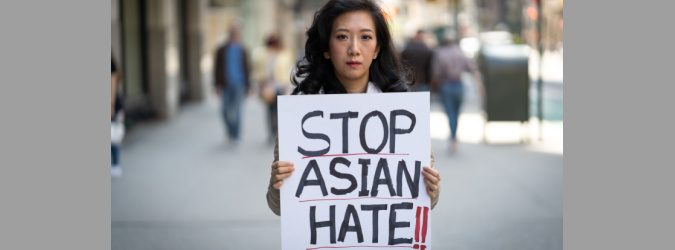Congress determined that hate crimes have reverberating effects, not only for the targeted community but also for the nation. The Supreme Court has held that the widespread, systemic effects of hate crimes are significant enough to justify the use of enhanced sentences. . . . Additionally, these enhanced sentences for hate crimes are often seen as symbolically important because these laws have a signaling effect in sending a “message to society that criminal acts based upon hatred will not be tolerated.”
U.S. Commission on Civil Rights, The Federal Response to Anti-Asian Racism in the United States (Sept. 2023).[1]
I am proud to serve with Brian Cohen as co-chairs of the NYSBA Task Force on Antisemitism and Anti-Asian Hate. We are grateful to NYSBA President Richard Lewis for convening this task force of talented and dedicated individuals and for shining a spotlight on this pressing problem.
For decades the dominant narrative about Asian Americans has been that they are a “model minority,” not subject to the same discrimination and other tribulations to which other diverse groups are subject.[2] This oversimplified stereotype was shattered during the pandemic when hate crimes against Asian Americans soared by 800% in the first year of the pandemic.[3] As a result, as the U.S. Congress stated: “Following the spread of COVID-19 in 2020, there has been a dramatic increase in hate crimes and violence against Asian Americans and Pacific Islander . . . [An] alarming surge in anti-Asian hate.”[4]
The Response to Anti-Asian Hate Crimes
The Atlanta spa murders in March 2021, in which six Asian spa workers were murdered, catalyzed the nation’s attention on the problem of anti-Asian hate crimes.[5]
On March 18, 2021, for the first time in more than 30 years, a congressional hearing on discrimination against Asians was conducted.[6] On May 20, 2021, approximately two months after the Atlanta spa murders, President Biden signed the COVID-19 Hate Crimes Act in…
Read the full article here





